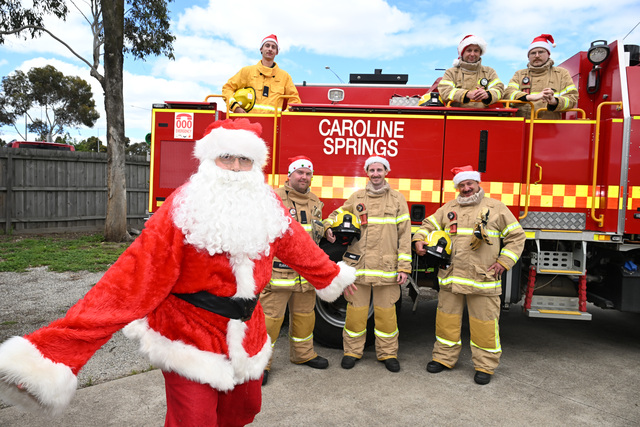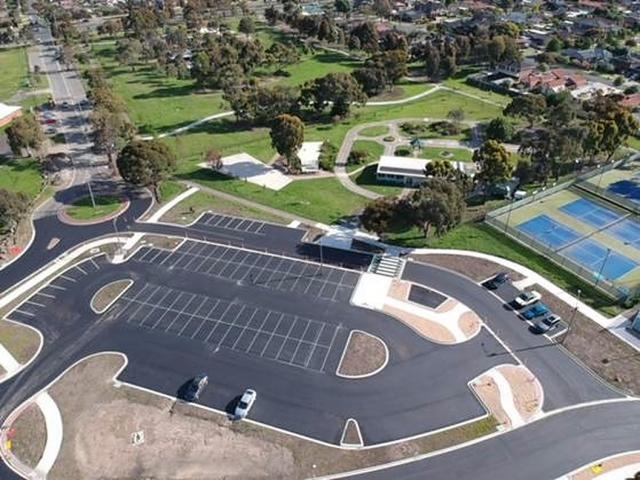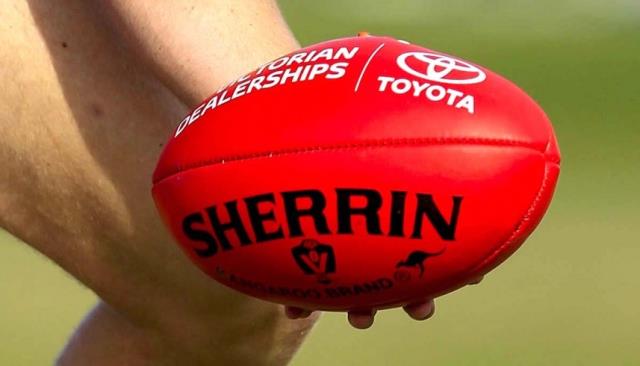Infrastructure expert Sir Rod Eddington has called for maximum transparency to allow the public to make up its own mind about major transport projects such as Melbourne’s east-west link.
Asked about the Napthine government’s decision to keep the business case for the road secret, the Infrastructure Australia chairman said he hoped to reach a point where governments were prepared to release detailed costings to allow independent scrutiny.
”I think transparency is invariably a good thing and I hope we will get to that point soon,” Sir Rod told a transport reform network lunch on Tuesday.
The state government is refusing to release an analysis of the costs and benefits or detailed traffic predictions for the 5.5-kilometre road link, suggesting such information could jeopardise sensitive commercial negotiations.
It has instead published a ”short form” business case asserting the road, expected to cost between $6 billion and $8 billion, will generate $1.40 benefits for every $1 invested.
The comments came as Transport Minister Terry Mulder provoked controversy by dismissing east-west link protesters as a ”rent-a-crowd”.
”When you took away the rent-a-crowd, councillors, their supporters, some of the Labor members of Parliament who joined them, it was a very, very small crowd for what is the biggest infrastructure project Victoria is embarking on,” he said.
Clifton Hill resident Ande Bunbury, who helped organise the protest, reacted angrily to the characterisation, saying there were ”people in tears” at the meeting and many residents felt encouraged by the protest because their ”grief was being acknowledged”.
The comments follow a promise by Premier Denis Napthine to treat those directly affected by the project with dignity and respect.
Opposition Leader Tony Abbott remains adamant there will be no money for commuter rail projects if he wins Saturday’s election, arguing the Commonwealth should ”stick to its knitting” and focus on road projects.
Asked about the comments, Sir Rod said he was keen to avoid a road versus rail debate, arguing cities will need a mix between the two modes to remain liveable.
”The premiers who are closest to the issues in their own particular state will decide what projects they wish to champion and which projects they don’t, and then it is up to the federal government to decide where it does or doesn’t want to provide financial support to those projects,” he said.
”That’s what elected governments do.”
Sir Rod also warned against the pursuit of ”icon” projects at the expense of smaller projects to improve existing transport networks.






